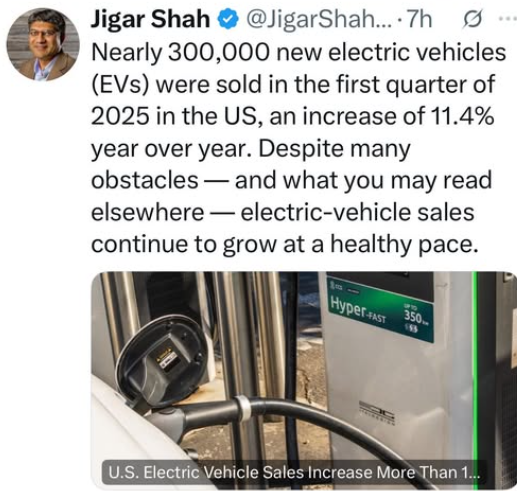The Human Condition According to a Famous Stoic

We live our lives surrounded by never-ending war, torture, the death penalty, poverty/hunger, injustice, ignorance/the denial of science, greed/selfishness, xenophobia, and racial hatred.

We live our lives surrounded by never-ending war, torture, the death penalty, poverty/hunger, injustice, ignorance/the denial of science, greed/selfishness, xenophobia, and racial hatred.

Worse, the situation is getting worse by the day. Today’s new is Trump’s lust for sending American citizens to El Salvadoran prisons. But the shelf-life of these horror stories is limited to just a few days, and we have no idea what’s coming next.


Prosecutors are seeking more than seven years in prison for disgraced former New York Congressman George Santos after he pleaded guilty to federal fraud and identity theft charges.
A federal judge on Long Island is scheduled to decide Santos’ sentence during a court hearing April 25.
In a court filing Friday, the U.S. Attorney for the Eastern District of New York argued that a significant sentence was warranted because the New York Republican’s “unparalleled crimes” had “made a mockery” of the country’s election system.
“From his creation of a wholly fictitious biography to his callous theft of money from elderly and impaired donors, Santos’s unrestrained greed and voracious appetite for fame enabled him to exploit the very system by which we select our representatives,” the office wrote.
Prosecutors argue Santos has a “high likelihood of reoffending”
Prosecutors also argued that Santos had been “unrepentant and defiant” for years, dismissing the prosecution as a “witch hunt” and refusing to resign from Congress as his web of lies was debunked.
There are a couple of aspects to the case that make it particularly sickening:
Santos was elected in southeastern New York, not some rural part of the Deep South that brought Marjorie Taylor Greene to power. It’s impossible to blame a lack of education for this humiliating catastrophe.
He actually is a threat to reoffend, because he’s crazier than an outhouse rat.
This whole revolting story illustrates how it’s possible that the United States re-elected Donald Trump as its president. As a population, we have very little capacity to differentiate between a decent human being and a criminal sociopath.

Reader A: Bull, it’s not global warming. It’s part of the ice age cycle. As the gulf stream is near it’s (sic) pike (sic) towards the North Pole.
Reader B: How to tell everyone you’re American without actually saying you’re American. The next thing you’ll tell us is that you voted for Trump.

If you want to prove this to yourself, put some water in a glass and add an ice cube. Mark the side of the glass with the new water level. Allow the ice cube to melt and note that the water level has not changed.

I’d have to add in greed and selfishness.

Jigar was kind enough to write the introduction to my fourth book, Bullish on Renewable Energy. See below.
 American political scientist, author, and entrepreneur Ian Bremmer writes frequently on global political risk. He notes: American consumer sentiment drops to second lowest level since 1952 (pandemic was slightly worse).
American political scientist, author, and entrepreneur Ian Bremmer writes frequently on global political risk. He notes: American consumer sentiment drops to second lowest level since 1952 (pandemic was slightly worse).
It should not come as a surprise that the only people concerned about this are those who know nothing about it.